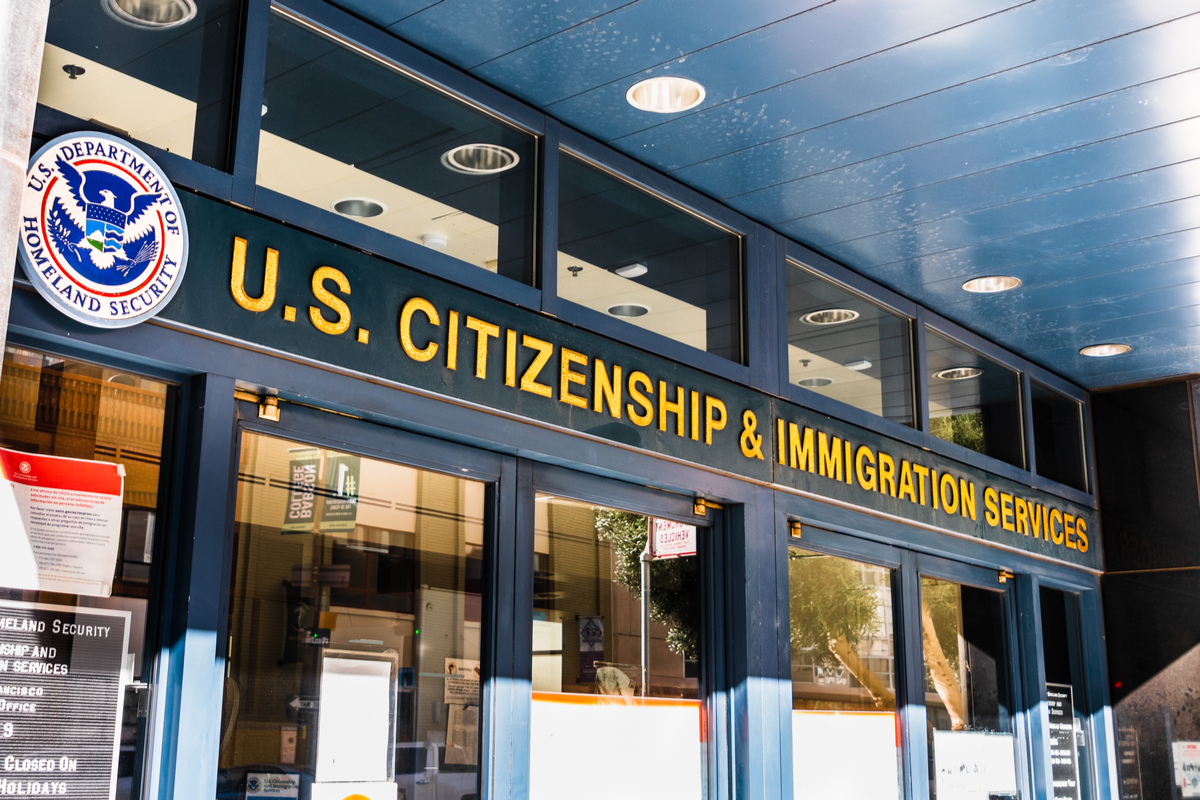Based on a report formulated on August 14, 2013 and published on USCIS’s website on January 22, 2014, the number of I-526 and I-829 receipts, approvals, and denials through the third quarter of FY2013 are as follows:
|
|
I-526: Immigrant Petition by Alien Entrepreneur |
I-829: Petition by Entrepreneur to Remove Conditions
|
|
Receipts |
4,722 |
865 |
|
Approvals |
2,527 |
667 |
|
Denials |
625 |
35 |
Based on a report formulated on April 30, 2013 and published on USCIS’s website, the number of I-924 receipts, approvals, and denials through the second quarter of 2013 are as follows:
|
I-924: Application for Regional Center
|
|
|
Receipts |
325 |
|
Approvals |
65 |
|
Denials |
13 |
Each year since 2009, the number of I-526 receipts has steadily increased. In 1990, Congress allocated approximately 10,000 visa numbers for EB-5 investors and their immediate family members. It was not until recent years that this number has come into question, as the popularity of EB-5 immigration and the demand for more visas has increased.
Will 10,000 EB-5 visas be enough for 2014? Although receipt numbers for the FY2013, which runs from October 1st through September 30th 2014, are nowhere near 10,000, many have predicted that this may be the year that we see retrogression for Chinese nationals or approach the 10,000 cap on EB-5 visas. The current 18 month or longer processing time for I-526 petitions has contributed to this issue. This backlog causes USCIS to approve I-526 petitions from previous years in the current year, explaining why some approval numbers are higher than some receipt numbers for certain years. There is also a lag time, which can be up to one year, between the approval of the I-526 petition and the time a conditional immigrant visa is granted or there is approval of conditional permanent residence status, which requires the filing of the I-485 petition. This delay impacts the subsequent fiscal years’ filings and quota allocations.
It may be assumed that as I-526 petition approvals increase, I-829 petition approvals will increase. Ironically, as I-526 petition approvals have increased, the number of I-829 petition approvals decreased between 2009 and 2010, substantially increased between 2010 and 2011, and decreased between both 2011 to 2012 and 2012 to 2013. It is important to keep in mind the time gap between approval of the I-526 petition and the issuance of a conditional immigrant visa, or approval of an I-485 petition.
To ensure that investors from different countries across the world are granted EB-5 visas, the Department of State may establish per-country limits, such as a limit on the number of Chinese nationals eligible to receive an EB-5 visa during a fiscal year. Therefore, if EB-5 visa retrogression were to occur, Chinese nationals, who file more than three quarters of all I-526 petitions, would feel the most impact. In that case, Chinese nationals would face wait times while investors from other countries receive conditional immigrant visas. However, Chinese nationals will still be able to file and have their I-526 petitions adjudicated; however, they must wait to apply for a conditional immigrant visa or to adjust status through an I-485 petition until there is an EB-5 visa available.
DISCLAIMER: The views expressed in this article are solely the views of the author and do not necessarily represent the views of the publisher, its employees. or its affiliates. The information found on this website is intended to be general information; it is not legal or financial advice. Specific legal or financial advice can only be given by a licensed professional with full knowledge of all the facts and circumstances of your particular situation. You should seek consultation with legal, immigration, and financial experts prior to participating in the EB-5 program Posting a question on this website does not create an attorney-client relationship. All questions you post will be available to the public; do not include confidential information in your question.







 by
by 
